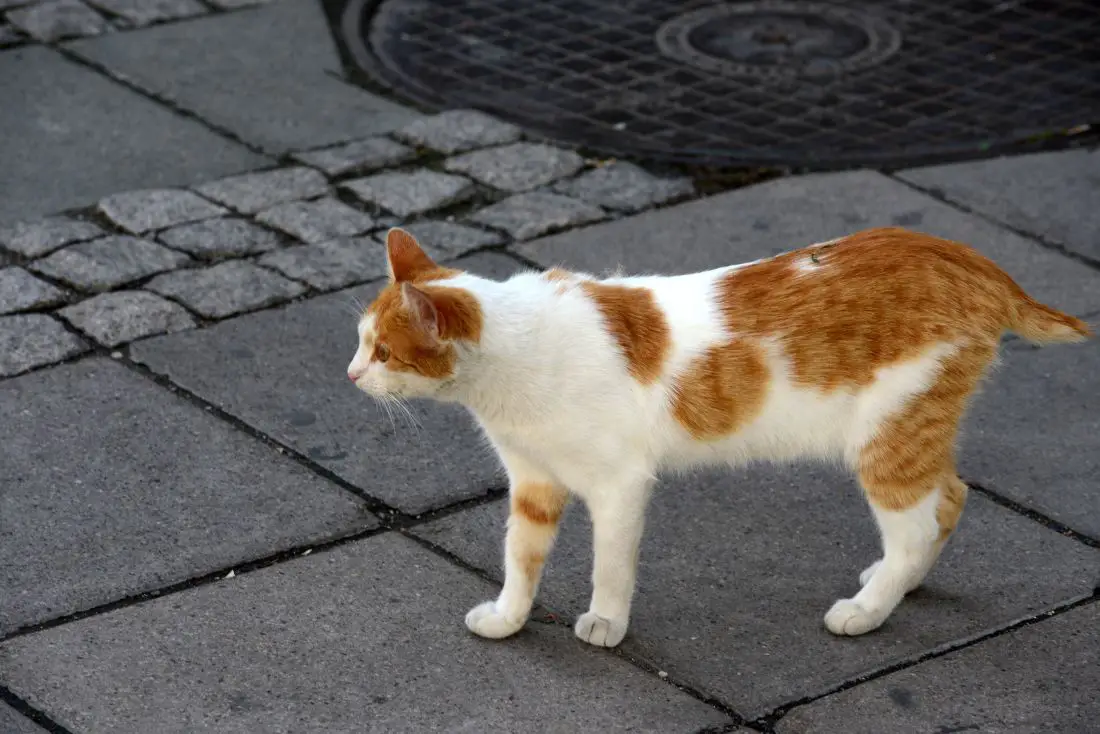Australian Gov’t Wants to Kill Two Million Feral Cats By Dropping Poisoned Sausages From Airplanes

By Mandy Froelich / Truth Theory
Cats: they may rule the internet, but the Australian government has a merciless stance toward them. To “solve” the country’s feral cat problem, the government intends to kill two million free-roaming cats (a large chunk of the total feral cat population) by 2020. That’s approximately between 2 and 6 million felines.
According to CNN, certain areas in Australia are even more committed to exterminating public enemy number one. In the northeastern state of Queensland, a council is offering a $10 ($7) bounty per feral cat scalp. The animal rights organization People for the Ethical Treatment of Animals (PETA) has slammed the policy for being “cruel.”
The neighboring country of New Zealand has a similar stance toward cats. Prominent environmentalists have proposed a cat-free future, which has led to a heated debate on the merit of exterminating or allowing feline cats. In this article, we’ll dive into both sides.
Why would anyone be anti-cat?
The simple answer is that feral cats kill. The first cat arrived in Australia in the 17th century. Since then, their numbers have skyrocketed. Today, the feral cat population is estimated to cover 99.8% of the country.
Unlike domesticated cats, feral cats live in the wild. They may belong to the same species, but feral cats are forced to hunt for survival. As a result, they typically act a lot less “cute” when approached by humans — or other critters, for that matter.
An estimated 20 mammal species have gone extinct due to the feral cat population, according to Gregory Andrews, national commissioner of threatened species. He told the Sydney Morning Herald that as a result, feral cats are the single biggest threat to native species on Australia.
This is a big deal, considering the island nation was cut off from the rest of the world for thousands of years. As a result, 80% of Australia’s mammals and 45% of its birds are found nowhere else on the planet.
Victims of feral cats include native birds and reptiles. In fact, a spokesperson for Australia’s Department of the Environment and Energy told CNN that cats are believed to kill more than 1 million native birds, and 1.7 million reptiles across Australia every day.
Feral cats also prey on the brush-tailed rabbit-rat, which is classified as “vulnerable” by the Australian government. “We are not culling cats for the sake of it, we are not doing so because we hate cats,” said Andrews.
It seems that those in favor of exterminating the wild felines are driven by a compulsion to protect native species and the fragile ecosystem. Of course, there are valid arguments against the government’s plan.
Misdirection, maybe?
As CNN reports, it is possible the government is creating a stir to avoid tackling more pressing concerns, such as habitat loss by urban expansion, logging, and mining. These sensitive issues are devastating the environment, perhaps far more than hoards of feral cats. But, is action being taken to curb unsustainable activity? Probably not to the extent, it should be.
Doherty touched on this when he said, “There’s a possibility there that cats are being used as a distraction to some extent. We also need to have a more holistic approach and address all threats to biodiversity.”
The method of poisoning the cats is also a topic of discussion. According to New York Times, poisoned sausages will be dropped from airplanes to thin out the feral feline population. The sausages will be made from kangaroo meat, chicken fat, spices, and herbs. Reportedly, they are capable of killing a cat within 15 minutes of being eaten.
The sausages are manufactured at a factory in Perth and are intended to be dropped from planes at intervals of 50 kilometers in places where cats freely roam. To ensure the sausages taste good, the man who developed them tested them on his own cats. Of course, he omitted the poison.
“They’ve got to taste good,” said Dr. Dave Algar “They are the cat’s last meal.”
What are your thoughts? Please comment below and share this news!
IMAGE CREDIT: Pixnio

Leave Comment: